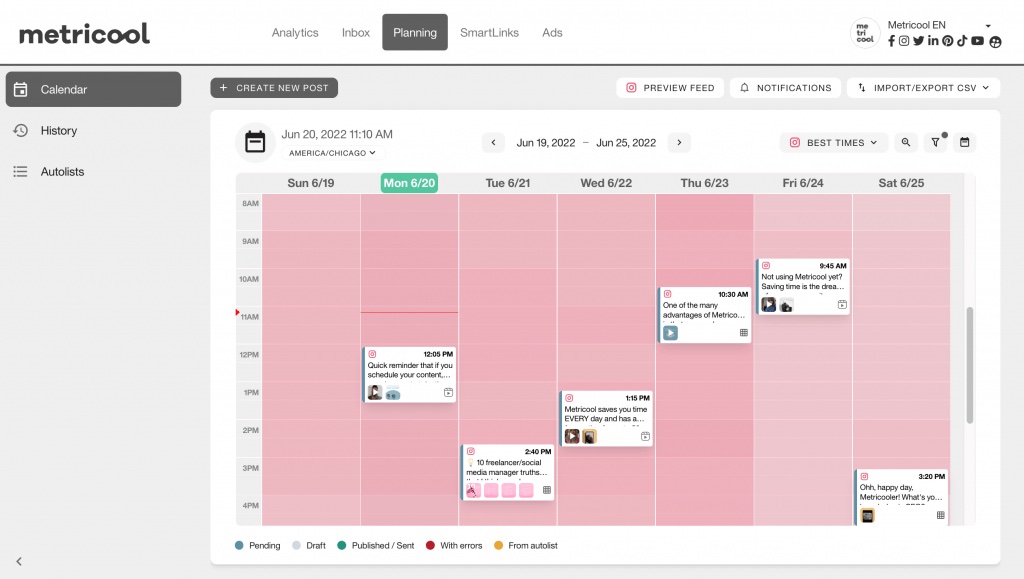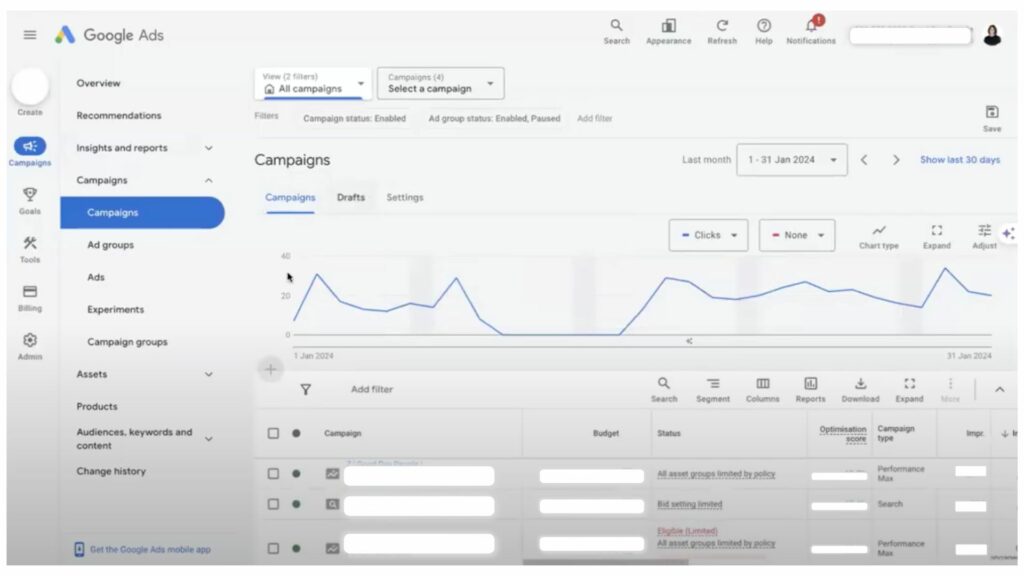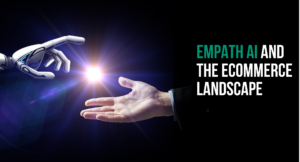In the fast-paced world of digital marketing, staying ahead of the curve is crucial for success. With the advent of digital marketing automation, businesses can streamline their processes, improve efficiency, and enhance customer engagement like never before. In this article, we’ll delve into the world of digital marketing automation, exploring its benefits, types, implementation strategies, best practices, challenges, future trends, and more.
What is Digital Marketing Automation?
Digital marketing automation uses software tools and platforms to automate repetitive marketing tasks like email campaigns, social media posting, and PPC advertising. By leveraging automation, businesses can free up valuable time, allowing marketers to focus on more strategic initiatives while delivering personalised experiences to their audience.
Benefits of Digital Marketing Automation
Saving Time and Resources
One of the most significant advantages of digital marketing automation is its ability to save time and resources. By automating repetitive tasks, such as scheduling social media posts or sending out email newsletters, marketers can allocate their time to more high-value activities, such as crafting compelling content or analysing campaign performance.
Improving Efficiency
Automation also enhances efficiency by streamlining processes and reducing the likelihood of human error. With automated workflows in place, marketers can ensure that tasks are completed promptly and consistently, leading to improved overall productivity.
Enhancing Personalisation
Furthermore, automation enables marketers to deliver highly personalised experiences to their audience. Businesses can tailor their marketing messages to individual preferences by leveraging data insights and behavioural triggers, increasing engagement and driving conversions.
Types of Digital Marketing Automation
Email Marketing Automation
Email marketing automation uses software to automate various aspects of email campaigns, such as sending out welcome and abandoned cart emails, nurturing leads through automated drip campaigns, and segmenting subscribers based on their interests and behaviours.
Social Media Automation
Social media automation tools allow marketers to schedule posts in advance, engage with followers through automated responses, and analyse performance metrics to optimise their social media strategy.
PPC Campaign Automation
PPC campaign automation streamlines the management of pay-per-click advertising campaigns, including keyword bidding, ad creation, and performance tracking, to maximise ROI and drive targeted traffic to your website.
Choosing the Right Tools
When selecting digital marketing automation tools for your business, you must consider several factors to ensure you choose the right solution that aligns with your goals and objectives.
Assessing Business Needs
Start by identifying your specific marketing needs and objectives. Whether you want to increase brand awareness, generate leads, or drive conversions, understanding your goals will help you narrow your options and choose the most suitable automation tools.
Considering Budget and Scalability
Evaluate your budget constraints and scalability requirements to find a solution that fits your financial resources and can grow with your business over time. Look for flexible pricing plans and scalable features to accommodate your evolving needs.
Evaluating Features and Integrations
Take the time to evaluate the features and integrations of different automation tools thoroughly. Look for robust functionality, intuitive user interfaces, and seamless integrations with other software platforms you currently use, such as CRM systems or analytics tools.
Digital Marketing Automation Tools
Email Marketing Automation
Klaviyo is a widely used email marketing platform that offers automation features such as:
- Automated workflows
- Lead nurturing
- A/B testing capabilities
- Segmentation
- Personalised email content based on subscriber behaviour

Social Media Automation
Metricool offers comprehensive social media management features, including:
- Scheduling posts
- Monitoring posts
- Monitor social media activity
- Analyse performance metrics

PPC Campaign Automation
Google Ads (formerly Google AdWords) provides automation features such as:
- Automated bidding strategies
- Ad scheduling
- Ad extensions to optimise PPC campaigns and maximise ROI

Implementing Automation
Once you’ve chosen the right automation tools for your business, it’s time to implement them effectively to maximise their impact on your marketing efforts.
Setting Goals and Objectives
Start by defining clear goals and objectives for your automated marketing campaigns. Whether you aim to increase website traffic, boost lead generation, or improve customer retention, establishing measurable targets will help guide your strategy and track your progress.
Selecting Suitable Software
Choose software that aligns with your goals and objectives, considering ease of use, scalability, and integration capabilities. Invest time in training your team on using the software effectively to ensure a smooth transition and maximise its potential.
Integrating with Existing Systems
Ensure seamless integration with your existing systems and processes to avoid disruptions and data silos. Whether you’re integrating with your CRM, email marketing platform, or ecommerce system, ensure that your automation tools can seamlessly exchange data and insights to support your marketing efforts.
Best Practices
To make the most of digital marketing automation, consider implementing the following best practices:
Segmenting Your Audience
Segment your audience based on demographics, behaviour, and preferences to deliver targeted and personalised marketing messages that resonate with specific customer segments.
A/B Testing for Optimisation
Continuously test and optimise your automated marketing campaigns through A/B testing to identify the most effective strategies and refine your approach over time.
Continuous Monitoring and Refinement
Monitor campaign performance metrics regularly and make data-driven adjustments to optimise your automation workflows and improve overall effectiveness.
Challenges and Solutions
While digital marketing automation offers numerous benefits, it presents challenges businesses must overcome to succeed.
Overcoming Integration Hurdles
Integration can be challenging when implementing automation tools, particularly if you have complex systems or legacy infrastructure. Invest in robust integration solutions and work closely with your IT team to ensure seamless connectivity across your marketing stack.
Dealing with Data Security Concerns
Data security is a significant concern in the digital age, particularly when handling sensitive customer information. Implement robust security measures like encryption and access controls to protect your data and comply with relevant regulations.
Addressing Potential Loss of Personal Touch
While automation can enhance efficiency and scale your marketing efforts, it’s essential to strike the right balance to avoid sacrificing the personal touch that resonates with your audience. Use automation to augment, not replace, human interaction and focus on building genuine connections with your customers.
Future Trends
The future of digital marketing automation is bright, with several exciting trends on the horizon.
AI-Driven Automation Advancements
Artificial intelligence (AI) will be increasingly prominent in driving automation advancements. AI-powered algorithms can analyse vast amounts of data to uncover valuable insights, predict customer behaviour, and automate decision-making processes. This enables marketers to deliver more targeted and personalised experiences to their audience, ultimately driving better results and ROI.
Hyper-personalization through Machine Learning
Machine learning algorithms enable hyper-personalization by analysing user behaviour, preferences, and interactions to deliver highly tailored marketing messages and recommendations. By leveraging machine learning, businesses can create more relevant and engaging customer experiences, increasing engagement and loyalty.
Integration with Emerging Technologies
Digital marketing automation is poised to integrate with emerging technologies such as augmented reality (AR), virtual reality (VR), and the Internet of Things (IoT). By leveraging these technologies, marketers can create immersive brand experiences, track consumer interactions in real time, and deliver targeted content based on contextual data, further enhancing the effectiveness of their automation efforts.
Digital marketing automation offers a wealth of opportunities for businesses to streamline their marketing efforts, improve efficiency, and deliver personalised experiences to their audience. By leveraging automation tools and embracing best practices, marketers can drive better results, maximise ROI, and stay ahead of the competition in today’s digital landscape. Embrace the power of automation and unlock the full potential of your marketing strategy to achieve your business goals.
Do you need help to boost your ecommerce conversion rate? Or Need someone to review your automations? Book a website review with Kelly today!
FAQs
marketing automation
differ from traditional
marketing methods?
automation help small
businesses compete with
larger competitors?
the effectiveness of my
digital marketing
automation efforts?
marketing automation
differ from traditional
marketing methods?
Digital marketing automation utilises software tools and platforms to automate repetitive marketing tasks, such as email campaigns, social media posting, and PPC advertising. In contrast, traditional marketing methods rely on manual execution and are often less targeted and efficient.
automation help small
businesses compete with
larger competitors?
Yes, digital marketing automation can level the playing field for small businesses by enabling them to automate repetitive tasks, reach a larger audience, and deliver personalised experiences without requiring a large marketing team or budget. This allows small businesses to compete more effectively with larger competitors and achieve their business goals.
the effectiveness of my
digital marketing
automation efforts?
Measuring the effectiveness of digital marketing automation involves tracking key performance indicators (KPIs) such as conversion rates, click-through rates, ROI, and customer engagement metrics. By analysing these metrics, businesses can assess the impact of their automation efforts and make data-driven decisions to optimise their marketing strategies for better results.
BIO
Kelly Slessor, is an Ecommerce Coach and a digital marketing expert. Passionate about retail, hospitality and retail service providers. As the founder and CEO of Shop You, an AI powered personalised virtual shopping mall she has spent 20 years building retail technology that responds to customer needs, drives conversions and increases revenue. Over the past year she has worked with over 1000 retailers and hospitality providers. If you want discover more about digital growth and optimisation, work with me.







